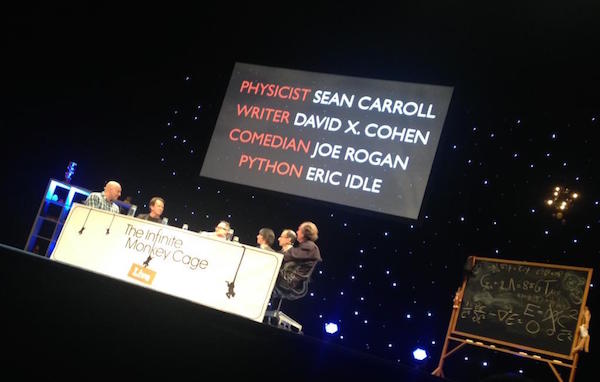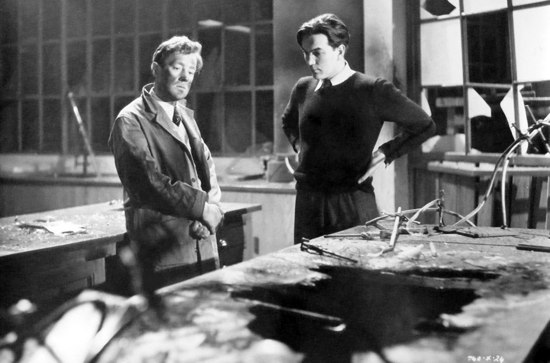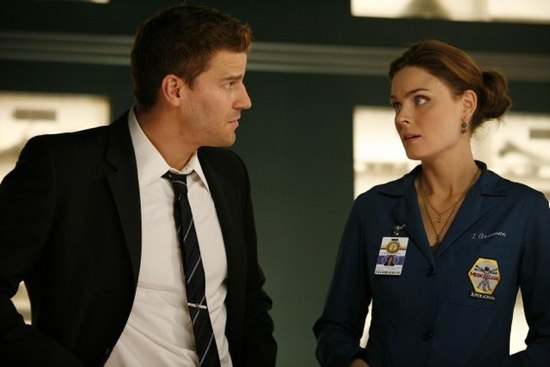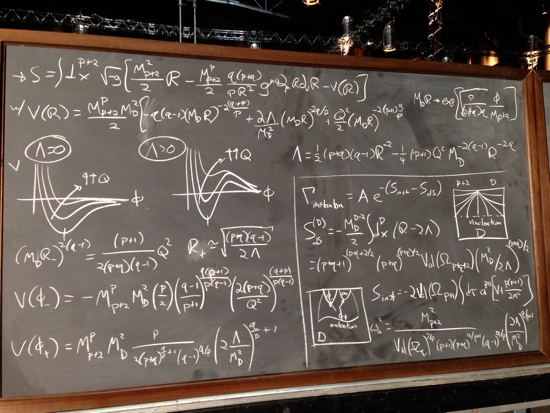Via the Seriously, Science? blog comes what looks like a pretty bad paper:
Is poker a game of skill or chance? A quasi-experimental study
Gerhard Meyer, Marc von Meduna, Tim Brosowski, Tobias Hayer
Due to intensive marketing and the rapid growth of online gambling, poker currently enjoys great popularity among large sections of the population. Although poker is legally a game of chance in most countries, some (particularly operators of private poker web sites) argue that it should be regarded as a game of skill or sport because the outcome of the game primarily depends on individual aptitude and skill. The available findings indicate that skill plays a meaningful role; however, serious methodological weaknesses and the absence of reliable information regarding the relative importance of chance and skill considerably limit the validity of extant research. Adopting a quasi-experimental approach, the present study examined the extent to which the influence of poker playing skill was more important than card distribution. Three average players and three experts sat down at a six-player table and played 60 computer-based hands of the poker variant “Texas Hold’em” for money. In each hand, one of the average players and one expert received (a) better-than-average cards (winner’s box), (b) average cards (neutral box) and (c) worse-than-average cards (loser’s box). The standardized manipulation of the card distribution controlled the factor of chance to determine differences in performance between the average and expert groups. Overall, 150 individuals participated in a “fixed-limit” game variant, and 150 individuals participated in a “no-limit” game variant. ANOVA results showed that experts did not outperform average players in terms of final cash balance…
(It’s a long abstract, I didn’t copy the whole thing.) The question “Is poker a game of skill or chance?” is a very important one, not least for legal reasons, as governments decide how to regulate the activity. However, while it’s an important question, it’s not actually an interesting one, since the answer is completely obvious: while chance is obviously an element, poker is a game of skill.
Note that chance is an element in many acknowledged games of skill, including things like baseball and basketball. (You’ve heard of “batting averages,” right?) But nobody worries about whether baseball is a game of skill, because there are obvious skill-based factors involved, like strength and hand-eye coordination. So let’s confine our attention to “decision games,” where all you do is sit down and make decisions about one thing or another. This includes games without a probabilistic component, like chess or go, but here we’re interested in games in which chance definitely enters, like poker or blackjack or Monopoly. Call these “probabilistic decision games.” (Presumably there is some accepted terminology for all these things, but I’m just making these terms up.)
So, when does a probabilistic decision game qualify as a “game of skill”? I suggest it does when the following criteria are met:
- There are different possible strategies a player could choose.
- Some strategies do better than others.
- The ideal “dominant strategy” is not known.
It seems perfectly obvious to me that any game fitting these criteria necessarily involves an element of skill — what’s the best strategy to use? It’s also obvious that poker certainly qualifies, as would Monopoly. Games like blackjack or craps do not, since the best possible strategy (or “least bad,” since these games are definite losers in the long run) is known. Among players using that strategy, there’s no more room for skill (outside card-counting or other forms of cheating.)
Nevertheless, people continue to act like this is an interesting question. In the case of this new study, the methodology is pretty crappy, as dissected here. Most obviously, the sample size is laughably small. Each player played only sixty hands; that’s about two hours at a cardroom table, or maybe fifteen minutes or less at a fast online site. And any poker player knows that the variance in the game is quite large, even for the best players; true skill doesn’t show up until a much longer run than that.
More subtly, but worse, the game that was studied wasn’t really poker. If I’m understanding the paper correctly, the cards weren’t dealt randomly, but with pre-determined better-than-average/average/worse-than-average hands. This makes it easy to compare results from different occurrences of the experiment, but it’s not real poker! Crucially, it seems like the players didn’t know about this fake dealing. But one of the crucial elements of skill in poker is understanding the possible distribution of beginning hands. Another element is getting to know your opponents over time, which this experiment doesn’t seem to have allowed for.
On Black Friday in 2011, government officials swept in and locked the accounts of players (including me) on online sites PokerStars and Full Tilt. Part of the reason was alleged corruption on the part of the owners of the sites, but part was because (under certain interpretations of the law) it’s illegal to play poker online in the US. Hopefully someday we’ll grow up and allow adults to place wagers with other adults in the privacy of their own computers.




